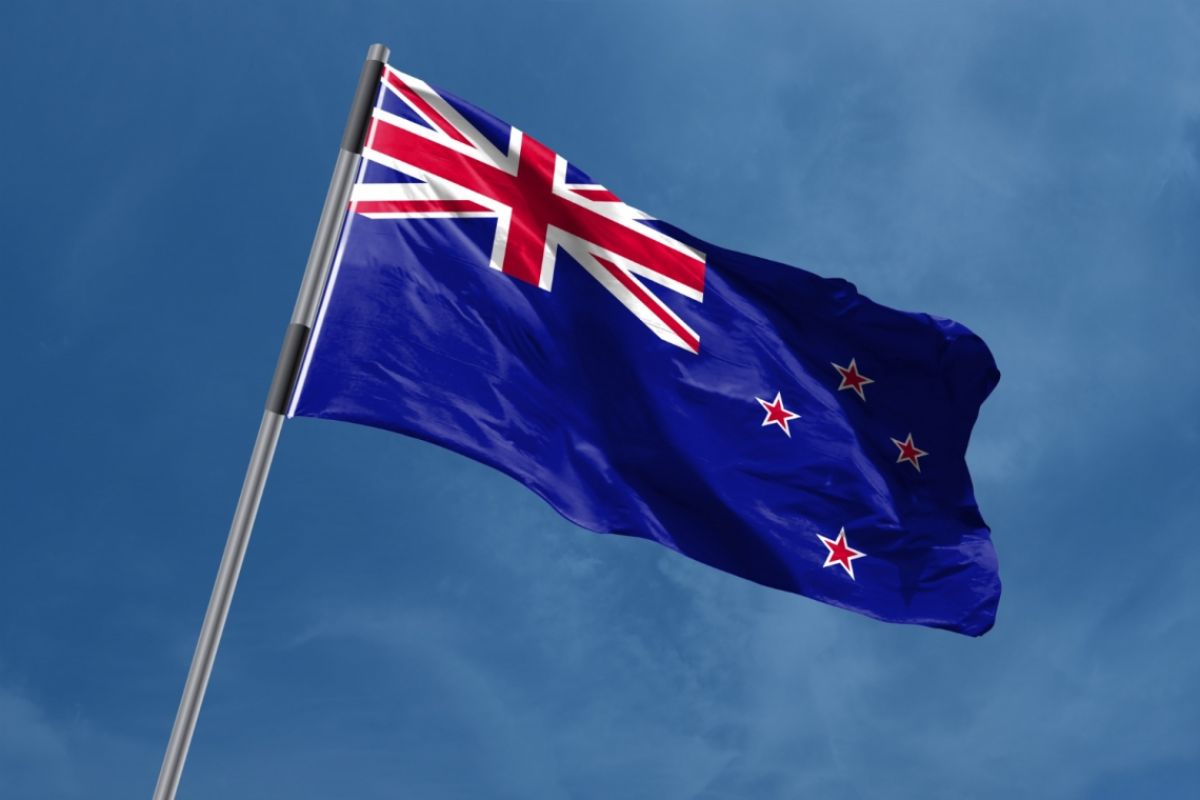In a move to address concerns over rising immigration rates, the New Zealand government announced changes to its employment visa program on Sunday. The modifications aim to attract higher-skilled workers and create a more sustainable immigration system.
Key Modifications
The recent adjustments to the visa program include the introduction of an English-language requirement and a reduction in the maximum continuous stay for certain lower-skilled positions under the Accredited Employer Worker Visa.
Here are the pivotal alterations to the Accredited Employer Worker Visa Program:
1. English Language Standards for Low-Skilled Positions
Migrants aspiring for low-skilled positions at levels 4 and 5 are now obligated to meet specific English language proficiency standards. This requirement ensures better communication and integration within the workplace and the broader community.
2. Introduction of Minimum Criteria for Skills and Work Experience
Minimum criteria for skills and work experience are now in place for all incoming labour. This ensures a higher standard of workers entering the country, meeting the evolving needs of New Zealand’s economy.
3. Consultation with Work and Income for Level 4 and 5 Positions
Employers seeking approvals for level 4 and 5 positions are now mandated to consult with Work and Income. This step ensures a comprehensive assessment of the labour market and facilitates better alignment between job vacancies and local workforce availability.
4. Reduction in Maximum Duration of Continuous Stay
The maximum stay for low-skilled positions at levels 4 and 5 has been reduced from 5 years to 3 years. This promotes turnover in the job market, prevents exploitation, and encourages both migrants and locals to pursue upskilling opportunities.
5. Abolition of Franchisee Accreditation Category
Franchisee accreditation is no longer available, requiring businesses to follow standard accreditation procedures for hiring overseas workers. This ensures fairness and consistency in the recruitment process while protecting the rights of both employers and employees.
Must Read: New Zealand Work Visas: Can You Still Get a 90-Day Trial Period?
Government’s Perspective
Immigration Minister Erica Stanford emphasized the need for a smarter immigration system that not only manages net migration but also adapts to the evolving economic context.
Stanford outlined the objectives of the changes, aiming to attract top talent, rejuvenate international education, ensure self-funding, sustainability, and better risk management.
Migration Statistics
Last year, migration in New Zealand soared to nearly 173,000 non-New Zealand citizens, nearing a record high. This surge comes as the country’s population currently hovers around 5.1 million.
Economic Implications
While recent statements from the central bank have allayed concerns about an imminent interest rate hike, prior warnings highlighted the potential inflationary pressures stemming from the population surge. Increased demand for housing and rental accommodation could exacerbate inflationary trends.
Signs of Saturation
The growth rate of the working-age population slowed in the year ending March, signalling a potential saturation point in the influx of foreign workers. This slowdown suggests that New Zealand may have reached its peak in attracting foreign labour.
Conclusion
With these adjustments, the New Zealand government aims to strike a balance between managing migration, bolstering the economy, and addressing the needs of its citizens. The changes mark the beginning of a broader effort to create a more sustainable and responsive immigration system in the country.
Follow and connect with us on Facebook, Twitter, LinkedIn, Instagram and Google News for the latest travel news and updates!





